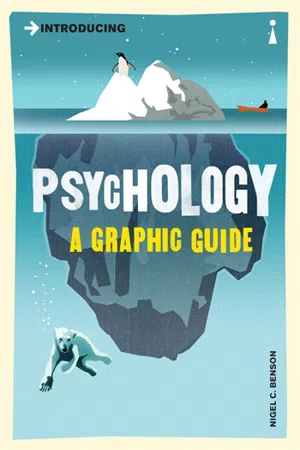
- 176 pages
- English
- ePUB (mobile friendly)
- Available on iOS & Android
About this book
What is psychology? When did it begin? Where did it come from? How does psychology compare with related subjects such as psychiatry and psychotherapy? To what extent is it scientific? Introducing Psychology answers all these questions and more, explaining what the subject has been in the past and what it is now. The main "schools" of thought and the sections within psychology are described, including Introspection, Biopsychology, Psychoanalysis, Behaviourism, Comparative (Animal) Psychology, Cognitive Approaches (including the Gestalt movement), Social Psychology, Developmental Psychology and Humanism. The key figures covered include: Freud, Pavlov, Skinner, Bandura, Piaget, Bowlby, Maslow and Rogers, as well as many lesser-known but important psychologists.
Frequently asked questions
- Essential is ideal for learners and professionals who enjoy exploring a wide range of subjects. Access the Essential Library with 800,000+ trusted titles and best-sellers across business, personal growth, and the humanities. Includes unlimited reading time and Standard Read Aloud voice.
- Complete: Perfect for advanced learners and researchers needing full, unrestricted access. Unlock 1.4M+ books across hundreds of subjects, including academic and specialized titles. The Complete Plan also includes advanced features like Premium Read Aloud and Research Assistant.
Please note we cannot support devices running on iOS 13 and Android 7 or earlier. Learn more about using the app.
Information
WHAT IS PSYCHOLOGY?
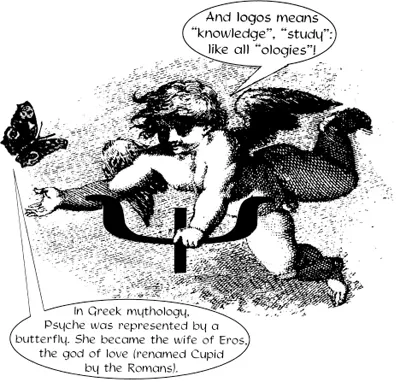
In Greek mythology, Psyche was represented by a butterfly. She became the wife of Eros, the god of love (renamed Cupid by the Romans).
Towards a Definition
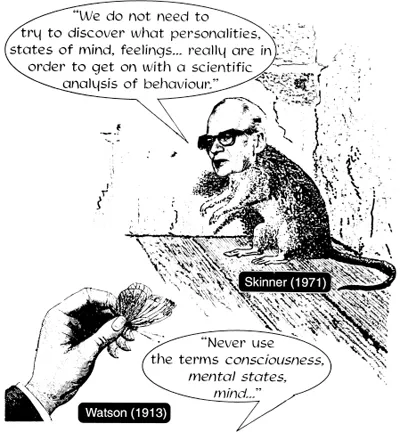
“Never use the terms consciousness, mental states, mind…”
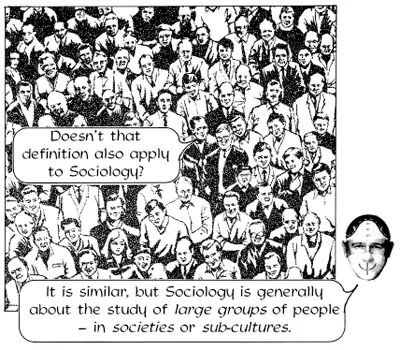
It is similar, but Sociology is generally about the study of large groups of people – in societies or sub-cultures.
What Does Psychology Include?
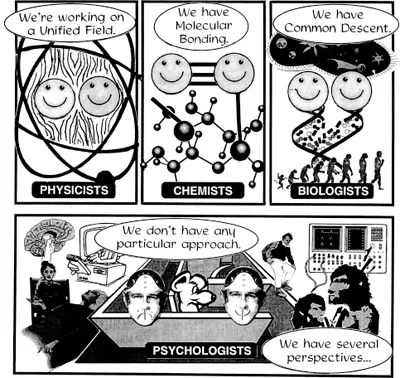
We have Molecular Bonding.
We have Common Descent.
We don’t have any particular approach.
We have several perspectives…
The Sections Within Psychology
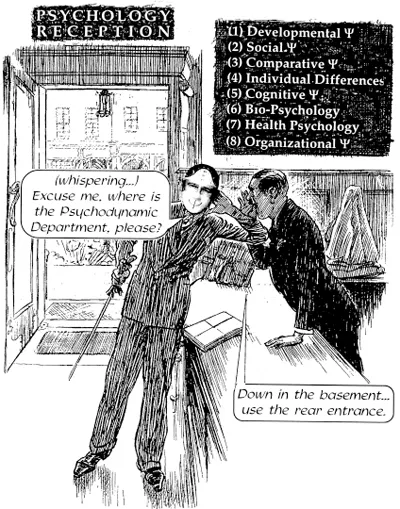
Down in the basement… use the rear entrance.
the BPS – British Psychological Society (founded 1901),
the APA – American Psychological Association (founded 1893),
the APS – American Psychological Society (founded 1988).
Psychology and Psychiatry?
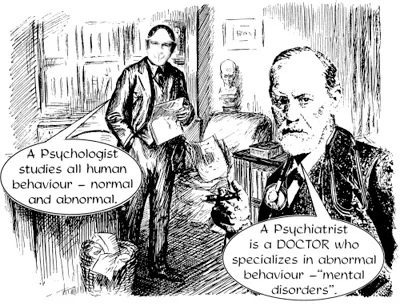
A Psychiatrist is a DOCTOR who specializes in abnormal behavior – “mental disorders”.
Is Psychology a Science?
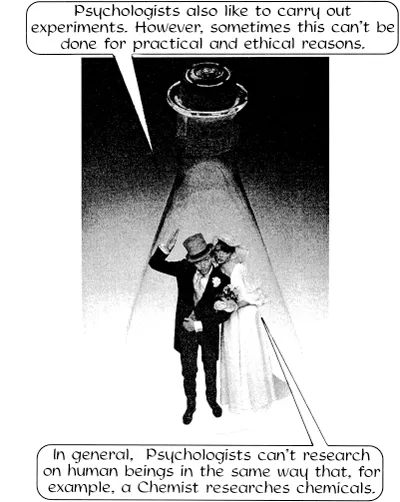
In general, Psychologists can’t research on human beings in the same way that, for example, a Chemist researches chemicals.
METHODOLOGY
(a) the more PRACTICAL considerations about which research methods should be used, and
(b) the more PHILOSOPHICAL questions about the nature of SCIENCE itself. Let’s start with practical methodology.
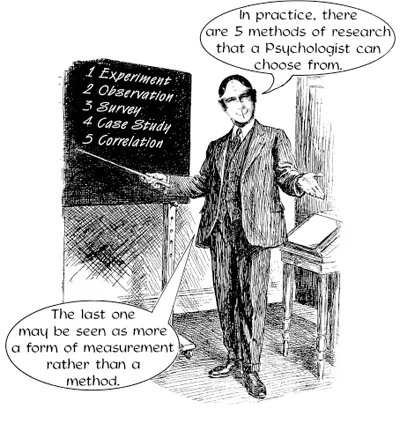
The last one may be seen as more a form of measurement rather than a method.
Table of contents
- Cover
- Title Page
- Copyright
- Contents
- What is Psychology?
- Acknowledgments
- Bibliography, References and Further Reading
- Index